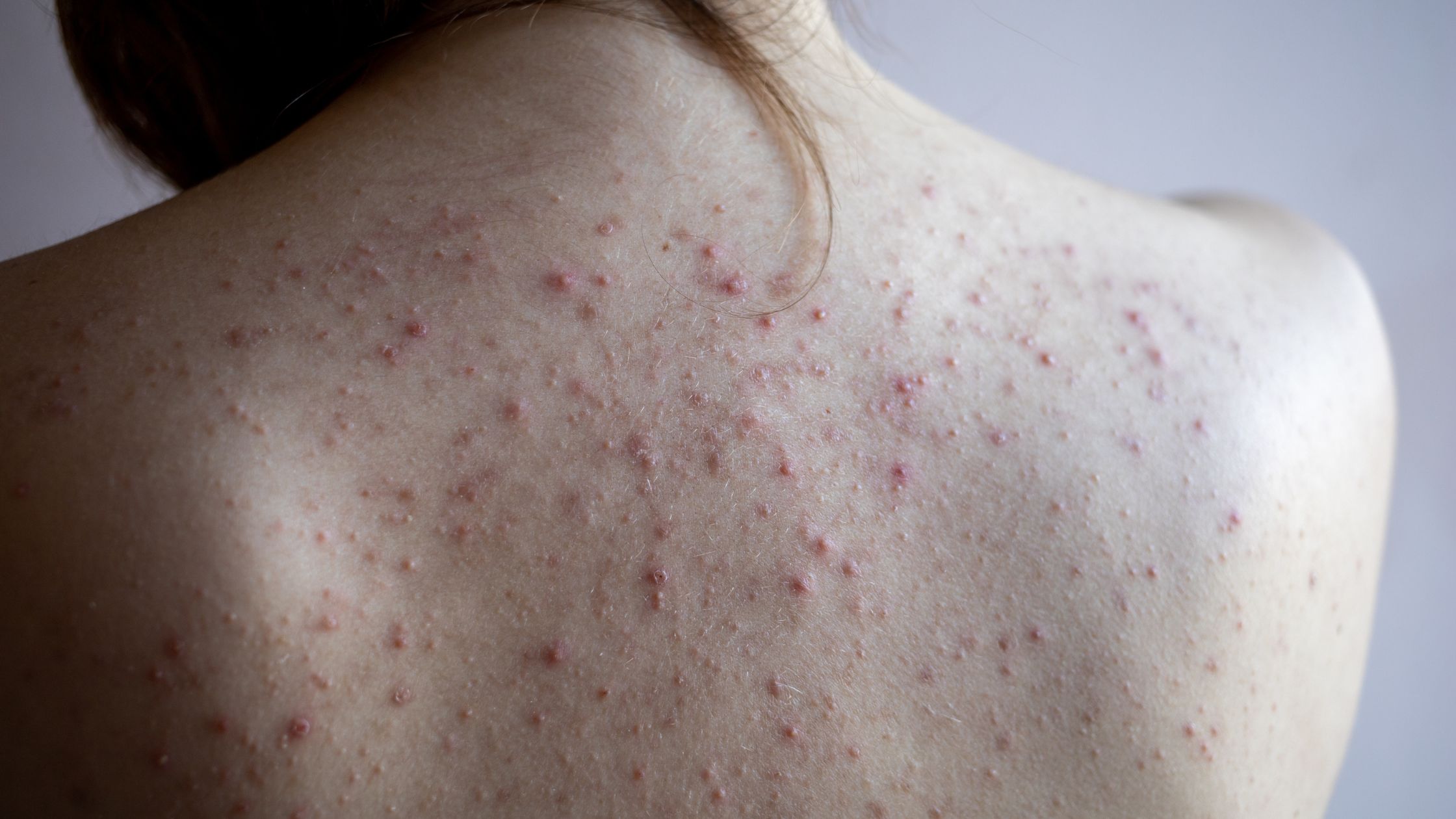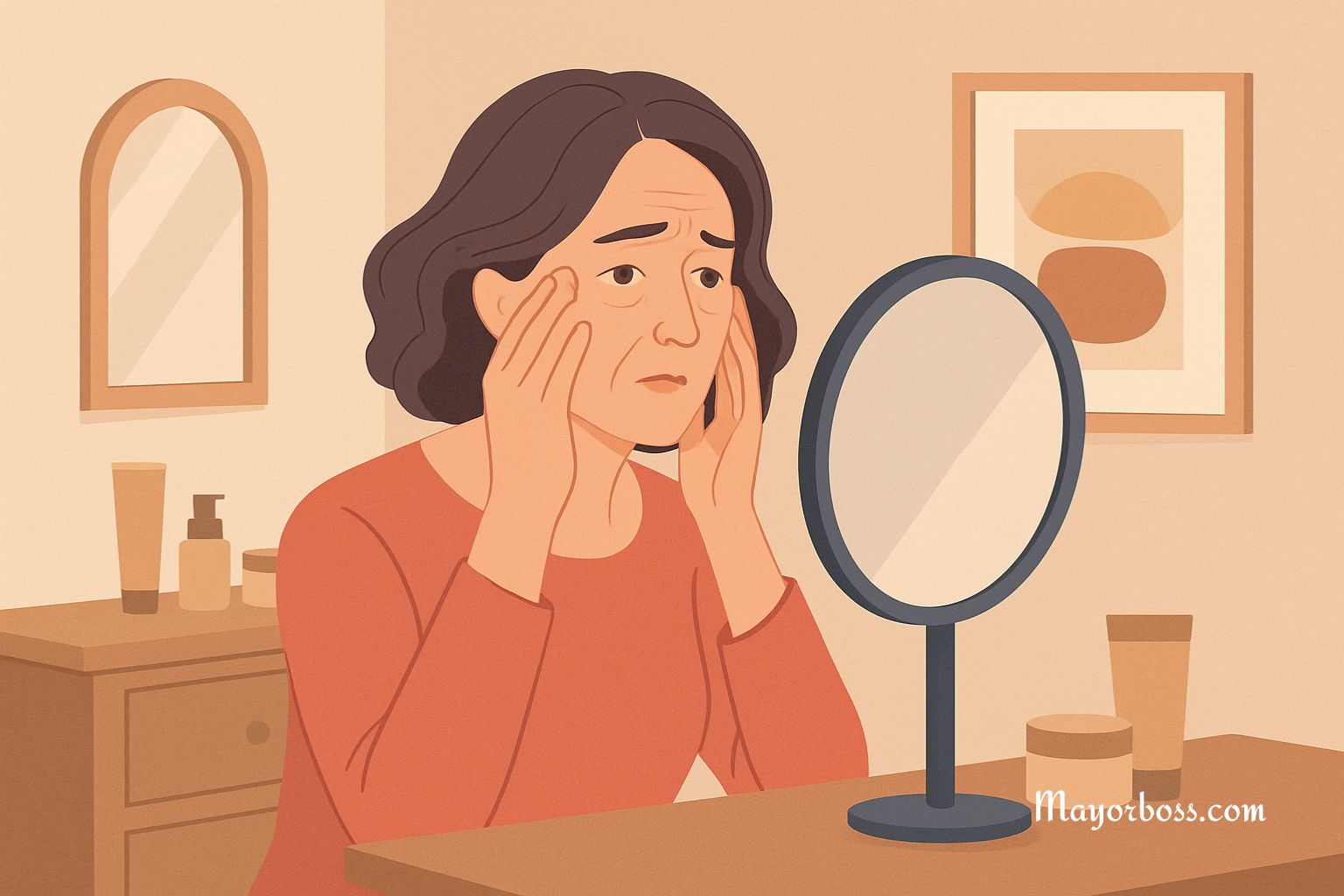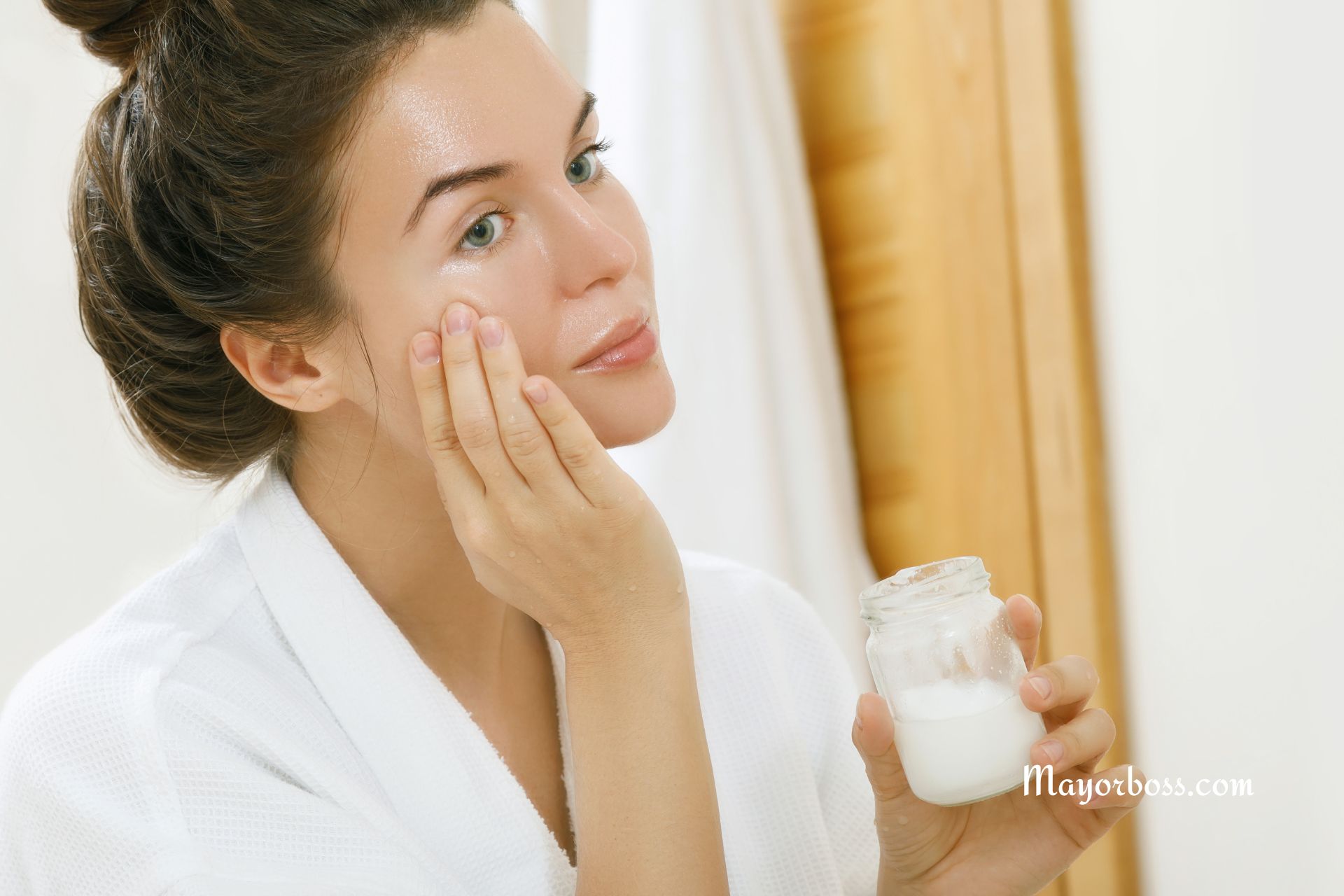How to Improve Skin Health
Improve skin health — it’s a topic that’s been on everyone’s lips recently. However, achieving flawless, healthy skin is not just a vanity goal. Thus, I’ve compiled a list of ten effective ways for you to nurture your skin.
Ways to Improve Skin Health
Regular Cleansing
The first key to better skin health is regular cleansing.
In fact, The American Academy of Dermatology (AAD) recommends washing your face twice a day — in the morning and at night.
This practice can actually help remove dirt, sweat, and excess oil, which can clog pores and cause acne or dullness.
Make sure to use a gentle, hydrating cleanser suitable for your skin type.
Exfoliation
Exfoliation is a skincare process that involves the removal of dead skin cells from the surface of your skin.
According to a few studies, regular exfoliation, done gently, can actually boost cell turnover and reveal a more radiant complexion.
People who regularly exfoliate often experience improved skin texture and tone.
But it should be noted that over-exfoliation can cause skin irritation and damage.
Healthy Diet
Your diet plays an instrumental role in skin health.
Even minor tweaks in your dietary habits can have potential benefits.
Since nutrients like vitamins A, C, E, and B3, along with antioxidants found in fruits, vegetables, and lean proteins, are essential for skin health, including them in your diet can significantly enhance skin texture and appearance.
Hydration
Hydration plays a pivotal role in skin health.
Water helps flush out toxins from the body and maintains the skin’s elasticity and suppleness.
You might not notice the effects of dehydration instantly because the skin often masks it until it becomes severe.
For example, dry, flaky, or tight skin can be a sign of dehydration.
Hence, drinking at least ten glasses of water a day is essential.
Regular Exercise
Regular exercise improves blood circulation, which helps to nourish skin cells and keep them vital.
It also promotes the removal of waste products, including free radicals, from the cells.
People with an active lifestyle tend to have more radiant skin.
In addition to enhancing skin health, regular exercise also contributes to overall well-being.
Adequate Sleep
Sleep plays an integral role in skin health.
When you’re asleep, your body goes into repair mode, healing damaged cells, combating inflammation, and boosting the immune system.
And for people suffering from sleep deprivation, skin health often deteriorates, showing signs like dark circles, dull complexion, and an increase in visible wrinkles.
Therefore, experts recommend seven to nine hours of sleep each night.
Sun Protection
Unprotected exposure to the sun’s ultraviolet (UV) rays can lead to premature skin aging, wrinkles, age spots, and an increased risk of skin cancer.
The most important part of any skincare routine is diligent sun protection.
This includes using a broad-spectrum sunscreen with an SPF of 30 or higher, wearing hats and protective clothing, as well as seeking shade during the sun’s peak hours.
Moisturize Regularly
Moisturizing the skin is essential for maintaining its health and preventing dryness or flakiness.
It helps to seal in moisture, providing a protective barrier against environmental factors.
Moisturizers also nourish the skin with essential ingredients, promoting a healthy, glowing complexion.
It’s crucial to choose a moisturizer suitable for your skin type and to apply it after cleansing or bathing when your skin is still damp to lock in moisture.
Limit Alcohol and Smoking
Multiple studies have shown that smoking and excessive alcohol consumption can accelerate skin aging and cause various skin problems.
Smoking primarily narrows (tightens) the tiny blood vessels in the skin, depleting it of oxygen and nutrients.
Alcohol, on the other hand, dehydrates the skin and can cause puffiness and redness.
Thus, limiting these habits could significantly improve skin health.
Gentle Skin Care Products
Choosing gentle, non-irritating skincare products could alleviate common skin issues.
Several studies have found that harsh products can disrupt the skin’s pH balance and strip it of its natural oils.
This disruption can lead to skin problems like dryness, irritation, or acne.
Therefore, it’s essential to choose products suitable for your skin type.
Regular Check-ups
Regular skin check-ups can help identify potential issues early, increasing the chances of effective treatment.
Your dermatologist can provide tailored advice on how to improve skin health based on your skin type and any conditions you may have.
Frequently Asked Questions
What are the basics of good skin health?
Good skin health starts with a balanced diet rich in vitamins, minerals, and antioxidants.
Regular cleansing, toning, moisturizing, and applying sunscreen are essential skincare steps.
Also, drinking plenty of water helps maintain skin hydration.
Avoid smoking and limit alcohol consumption, as they can damage the skin.
Regular exercise can promote blood circulation and contribute to a healthy complexion.
2. How does diet impact skin health?
Believe it or not, diet plays a crucial role in skin health.
Foods particularly rich in antioxidants, like fruits and vegetables, can tremendously help protect skin from damage.
Omega-3 fatty acids in fatty fish, nuts, and seeds promote skin hydration and help maintain its integrity.
Conversely, diets high in processed foods, sugars, and unhealthy fats can lead to skin problems such as acne or premature aging.
Why is hydration important for skin health?
Hydration is critical to skin health as it helps maintain the elasticity and resilience of the skin.
When skin is well-hydrated, it appears plumper, vibrant, and less prone to fine lines and wrinkles.
Dehydrated skin can look dull and dry and show signs of aging more readily.
How can I protect my skin from the sun?
Sun protection is a crucial aspect of skin health.
Long-term exposure to the sun’s ultraviolet (UV) rays can lead to skin damage, premature aging, and an increased risk of skin cancer.
Sun protection measures include using a broad-spectrum sunscreen with an SPF of 30 or higher, wearing a protective hat and clothing, and avoiding the sun during peak hours (10 a.m. and 4 p.m)
How often should I visit a dermatologist?
Regular skin check-ups can help detect any potential skin issues early.
If you have a family history of skin cancer or a high risk of skin issues, seeing a dermatologist at least once a year is recommended.
However, if you notice any new or changing skin spots, rashes, itches, or other unusual skin changes, it’s advisable to see a dermatologist promptly.






